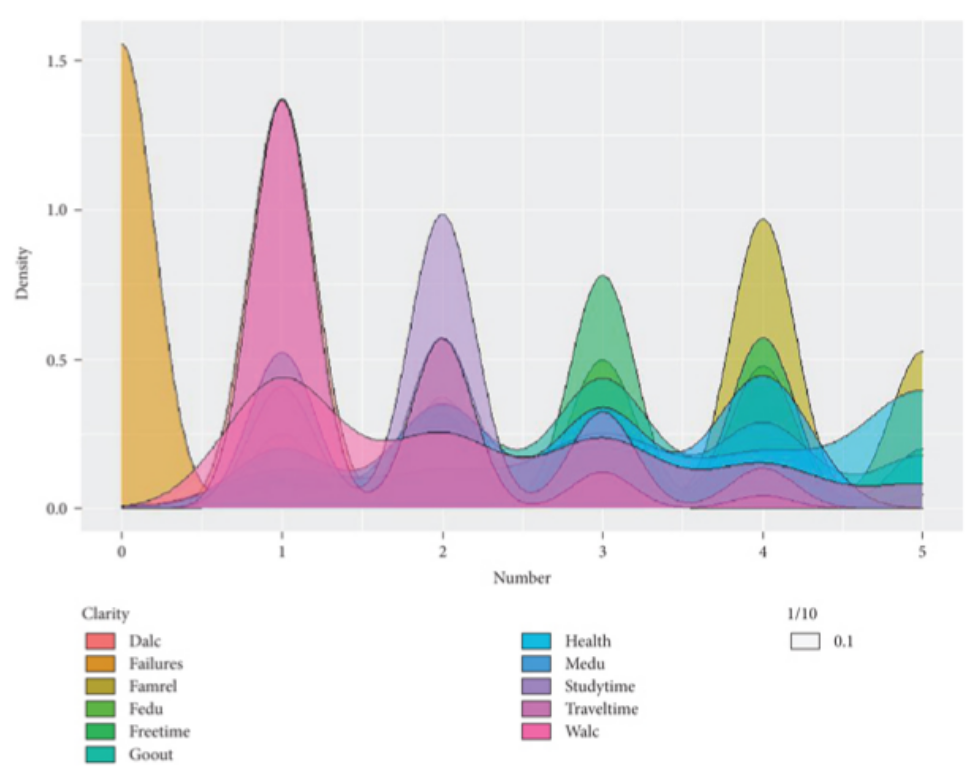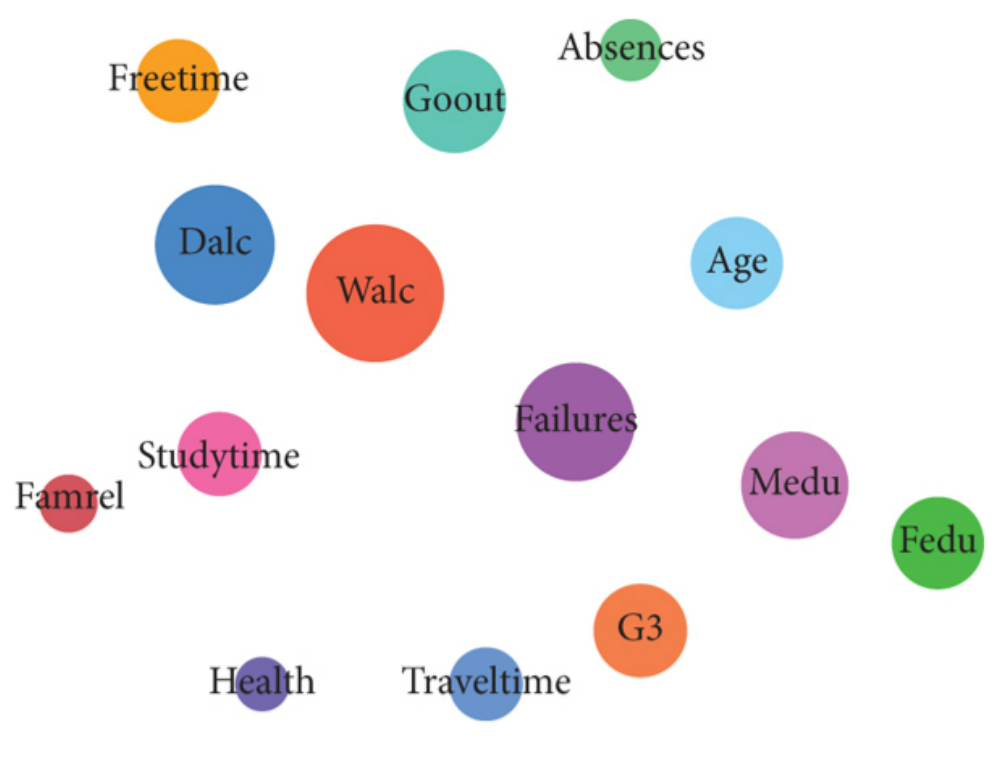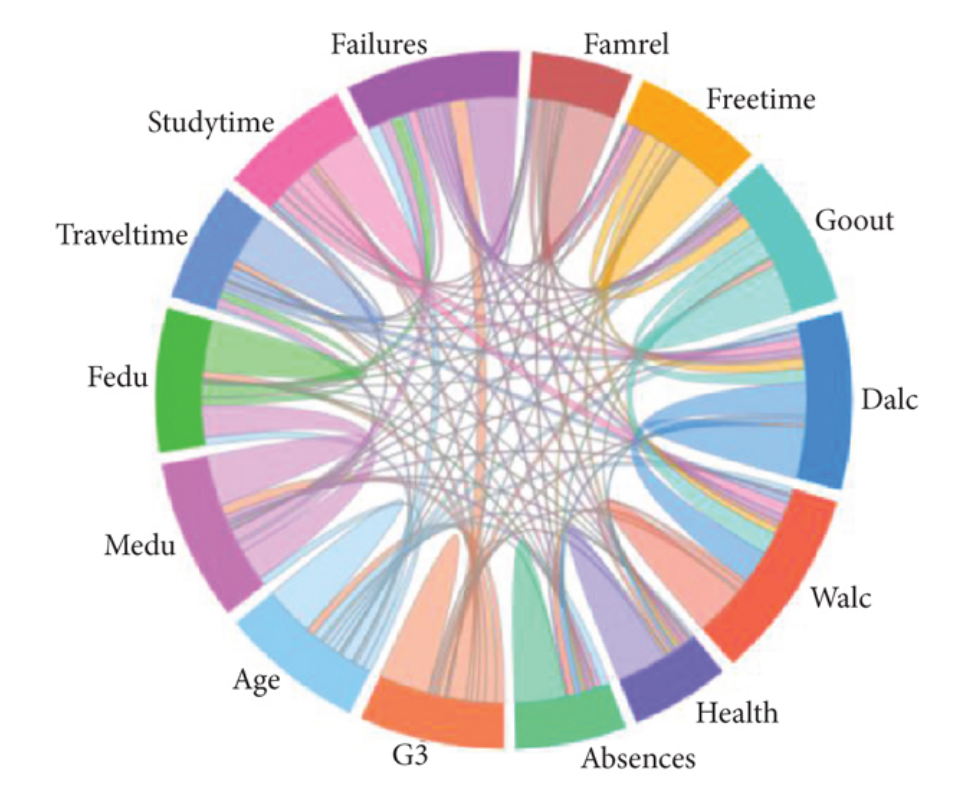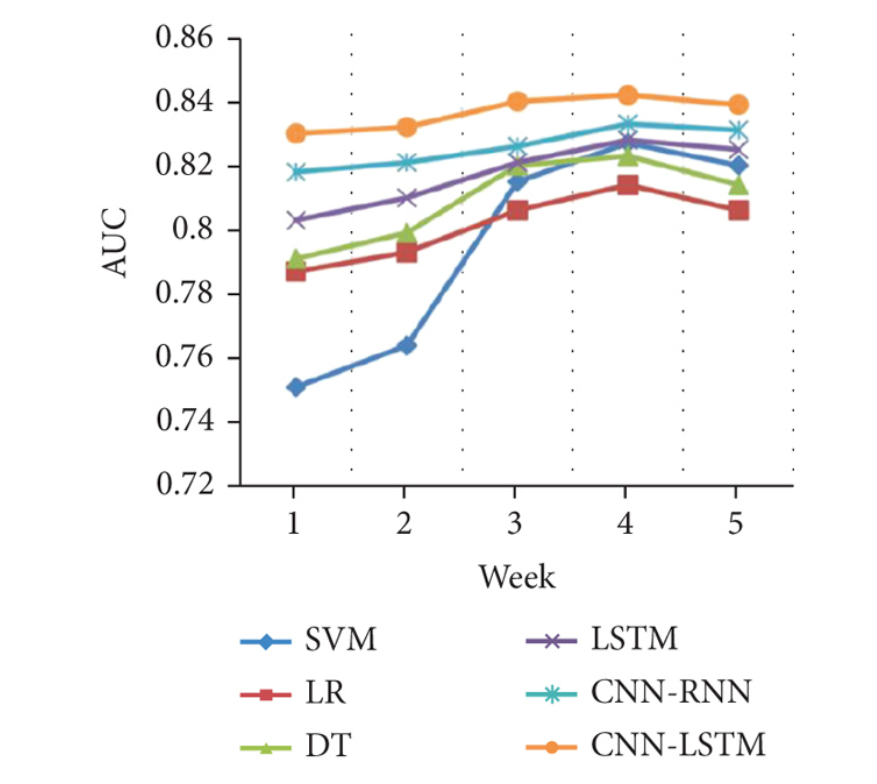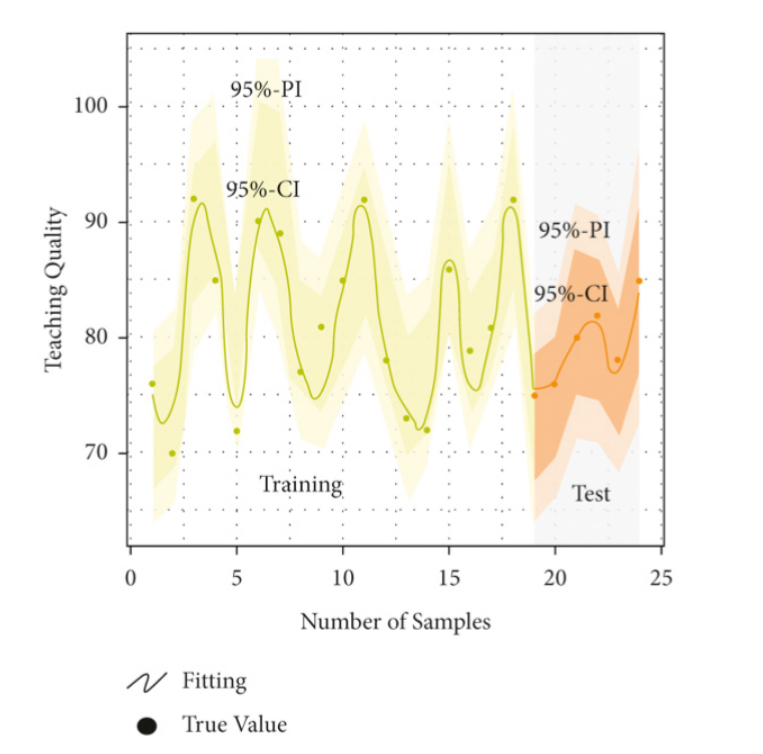 An open access journal
An open access journal
Competency Frameworks in Education: Mapping Skills and Learning Progression
Abstract
Competency frameworks have gained prominence in education as tools for mapping skills and learning progression. This paper explores the significance of competency frameworks in education, emphasizing their role in defining desired outcomes, assessing skill development, and guiding curriculum design. It delves into the principles and key components of competency frameworks, including clear learning objectives, performance indicators, and assessment criteria. The discussion includes the benefits of competency frameworks, such as improved alignment between education and workforce needs, personalized learning pathways, and enhanced accountability. Moreover, the paper addresses the challenges and considerations in implementing competency frameworks, including the need for flexibility, ongoing evaluation, and inclusivity for diverse learners. Through a review of empirical studies and case examples, the study highlights the positive outcomes associated with competency frameworks in education, including improved student outcomes, reduced achievement gaps, and increased relevance of education to real-world demands. The conclusion offers recommendations for educators and institutions interested in adopting competency frameworks, emphasizing the importance of a learner-centered approach and continuous improvement to maximize the benefits of mapping skills and learning progression.
Share and Cite
Article Metrics
References
- Australian Curriculum, Assessment, and Reporting Authority (ACARA). (2018). Australian Curriculum. Retrieved from https://www.australiancurriculum.edu.au/
- Commission on Adult Basic Education (COABE). (2017). National Adult Education College and Career Readiness Standards. Retrieved from https://www.coabe.org/national-adult-education-college-and-career-readiness-standards
- European Commission. (2018). European Skills, Competences, Qualifications and Occupations (ESCO). Retrieved from https://ec.europa.eu/esco/portal/home
- Jacobs, R. L., & Park, Y. (2009). Mapping the Big Picture: Integrating Curriculum and Assessment K-12. Association for Supervision and Curriculum Development.
- National Center on Education and the Economy (NCEE). (2018). Tough Choices or Tough Times: The Report of the New Commission on the Skills of the American Workforce. Retrieved from https://www.skillscommission.org/
- National Research Council. (2012). Education for Life and Work: Developing Transferable Knowledge and Skills in the 21st Century. National Academies Press.
- U.S. Department of Education. (2017). Every Student Succeeds Act (ESSA). Retrieved from https://www.ed.gov/essa?src=ft
- Wagner, T. (2008). The Global Achievement Gap: Why Even Our Best Schools Don't Teach the New Survival Skills Our Children Need—and What We Can Do About It. Basic Books.
- World Economic Forum. (2018). The Future of Jobs Report 2018. Retrieved from http://www3.weforum.org/docs/WEF_Future_of_Jobs_2018.pdf
- World Economic Forum. (2020). The Global Skills Gap Report 2020. Retrieved from http://www3.weforum.org/docs/WEF_Global_Skills_Gap_Report_2020.pdf

